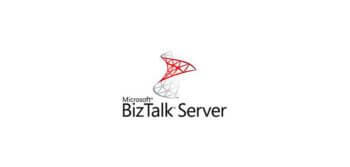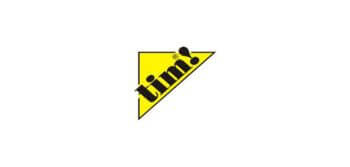Multishoring offers tailored Azure Logic Apps integration solutions designed to enhance your business operations. Our expertise extends beyond standard connectors, providing customized integration when typical solutions fall short. We adapt Azure Logic Apps to your unique system requirements, empowering efficient enterprise integration and driving operational success.
Our Azure Logic Apps Integration Service Offers:
- Custom Workflow Development: We build customized workflows tailored to optimize the experience for both your customers and employees. These workflows enhance operational efficiency and user satisfaction, ensuring seamless processes.
- Advanced Reporting and Analytics Tools: Gain deep insights into the performance of your workflows. Our reporting tools allow you to track the impact on business performance and adjust strategies for continuous improvement.
- Enhanced Automation Capabilities: We enable you to connect cloud services and on-premises systems seamlessly, ensuring smooth automation and minimizing manual intervention. This improves efficiency across your IT infrastructure.
- Event-Driven Workflow Management: Manage events that initiate workflows effectively. Our Azure Logic Apps solutions use event triggers to automatically start processes, ensuring timely and responsive operations.
- Performance Monitoring and Optimization: We provide comprehensive performance tracking, allowing you to access key metrics like wait times and execution durations. This helps in identifying bottlenecks and improving overall workflow efficiency.
- Notification and Alert Management: Reduce the noise of unnecessary alerts and focus only on the most critical notifications. We help you implement effective notification management, ensuring your team remains focused on important tasks.
- Cost Optimization and Efficiency: Our Azure Logic Apps solutions include strategies for cost optimization, ensuring your workflows are executed in the most economical way, with a focus on reducing unnecessary actions and optimizing resource use.
Azure Logic Apps for Business Efficiency
Azure Logic Apps drives business efficiency by automating repetitive tasks and simplifying processes. By integrating applications, data, and services across your organization, Azure Logic Apps creates a cohesive and efficient business environment. Whether connecting cloud or on-site systems, Azure Logic Apps adapts to various IT architectures, enabling businesses to link crucial systems for unified workflows and improved collaboration.
How Azure Logic Apps Can Enhance Your Business
Azure Logic Apps is ideal for organizations seeking to streamline processes and reduce manual efforts. It provides a comprehensive integration platform that connects disparate systems, both legacy and modern, across cloud and hybrid environments. This flexibility allows companies to effectively handle diverse IT ecosystems while maintaining optimal operational performance. With pre-built connectors and customizable workflows, Azure Logic Apps helps create solutions tailored specifically for your business needs, resulting in improved agility and efficiency.
Multishoring’s Expertise in Azure Logic Apps
Our team at Multishoring leverages extensive expertise in Azure Logic Apps integration to help your company connect disparate systems, automate business processes, and improve operational efficiency. We offer tailored solutions designed to meet your unique business requirements and ensure you derive maximum value from Azure Logic Apps. Whether you need to automate routine tasks, optimize resource allocation, or build complex integrations, our solutions are crafted to boost productivity and facilitate seamless data flow.




